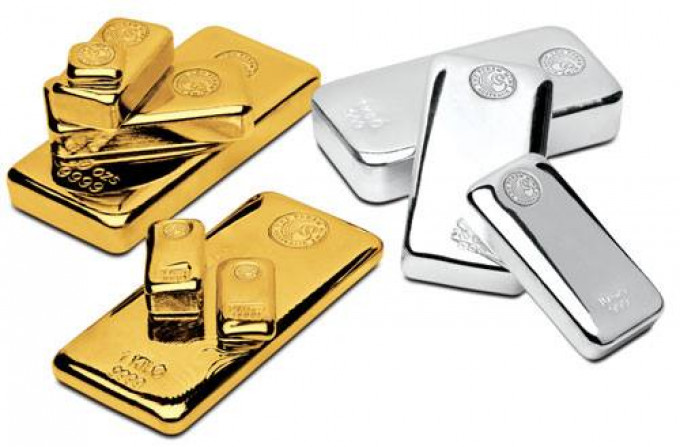Juju Dhau, the King of Curd, is well known for its rich, creamy taste and thick consistency. There is a saying, “If you go to Bhaktapur but do not try a bowl of Juju Dhau, then your visit is incomplete.”
Speciality of Bhaktapur, Juju means ‘King’ and Dhau means ‘Clay pot of curd’ in Newari language.
Learning the art of making Juju dhau from his cousin brother, Radheshyam Karmacharya, one of the yoghurt makers in Bhaktapur, has been in the dairy business for almost 20 years.
“I wake up early in the morning around 5 when the milk that arrives in from an animal husbandry. I get two to three cans of milk; each containing 40 litres. We test the quality of the milk. If they have added more water in the milk, we have to cook it even longer to ensure the appropriate fat ingredients in the milk.”
The making of Juju Dhau takes five to six hours every day.
First, the makers have to cook the milk depending on the amount of fats in it, and then it is poured into clay pots and left to fragment for three to four hours. The clay pots are then covered with cotton blankets to maintain the warm temperature.
While there is no exact measurement on how much milk it takes to make a litre of Juju Dhau, makers say they separate almost 1.5 litres of milk for it.
The dish is so popular that the makers export it to different places in the country.
Due to the lockdown, they were allowed to open their dairy, however, they were not allowed to export it to Kathmandu or any other places.
Karmacharya says, “Just like every sector, we have also been facing the same problems with the limitation of sales since we cannot reach the market. As we are back to business now, I send about seven litres of Juju Dhau which is a part of 5,000 litres of it being supplied from Bhaktapur every day.”
Now Juju Dhau is also sold in a plastic container, but there is a specific reason why it was only sold in ‘Kataaro’, a red clay pot before. Even after boiling the milk, some water residue is left in the curd, so when it is poured into the clay pot it tends to suck up the remaining liquid and contain its thick consistency.
Ramila Duhal, a third-generation Juju Dhau maker, says, “It is important to maintain the quality of the curd.”
Following the family business, Duhal now has a shop right next to Nyatapola temple.
“Lockdown was not so bad for us, the only problem we had faced was in supplying to the market outside Bhaktapur but we still sold about eight litres of curd every day. And now that we are allowed to supply to the market again, the demand has grown, but sadly we cannot increase our production due to the limited amount of milk we get supplied. Since the numbers of animal husbandry have decreased over the years, supplying more Juju dhau is tricky for us.”
Pasteurized milk cannot be used to make Juju Dhau. Making the King of Curd needs a presence of a minimum of 5 per cent fats in the milk. Less the fat in the milk more longer it has to be cooked which consumes more time.
“The kind of milk we use also differs in the taste and the quality of the curd,” says Duhal.
READ ALSO:



1672397318_680.jpg)



